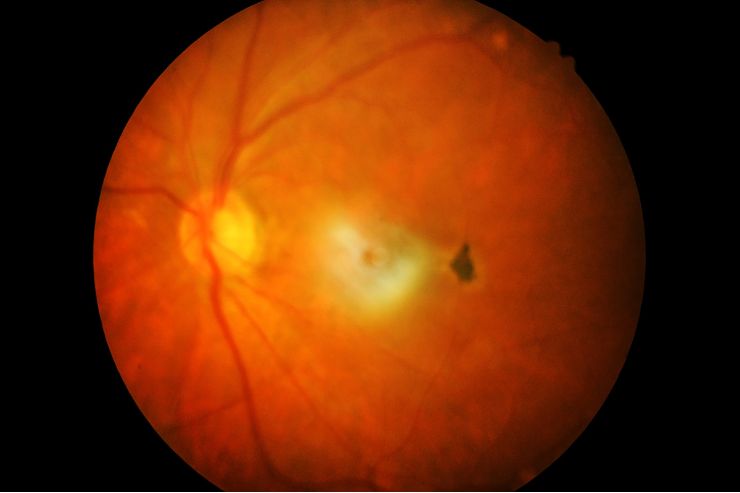
Symptoms of Retinitis Pigmentosa The symptoms of Retinitis Pigmentosa can vary widely, but typically include:
Diagnosis of Retinitis Pigmentosa At Sri Nirwana Netralaya, diagnosing Retinitis Pigmentosa involves a comprehensive eye examination and specialized tests to assess the extent of retinal damage. Diagnostic procedures may include:
Treatment and Management of Retinitis Pigmentosa Currently, there is no cure for Retinitis Pigmentosa, but Sri Nirwana Netralaya offers several management strategies to slow the progression of the disease and help patients maintain their quality of life:
Vision Aids and Low Vision Therapy:
Nutritional Supplements:
Gene Therapy:
Retinal Implants:
Counseling and Support:
Regular Monitoring: